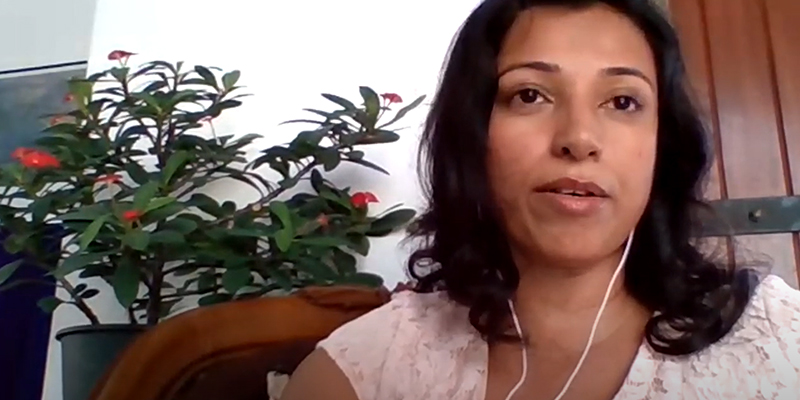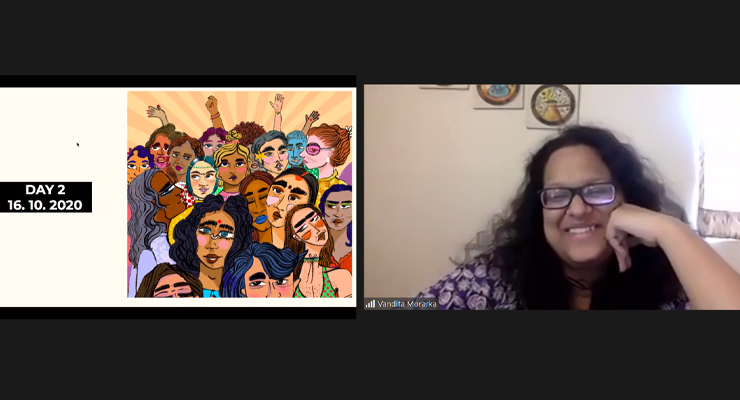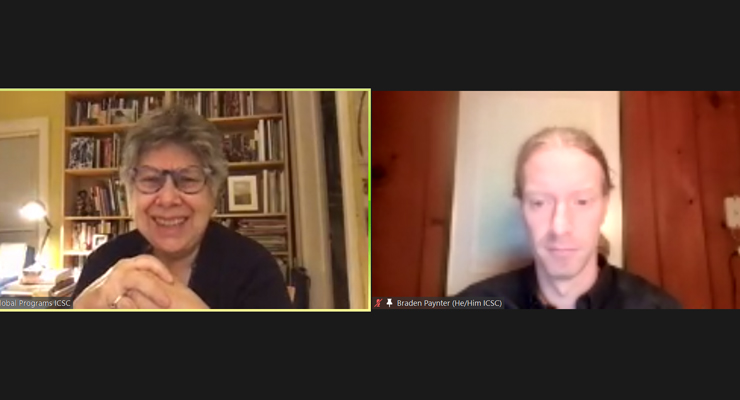Hasini Haputhanthri, independent researcher from Sri Lanka, stressed the role of culture in the creation of unequal development, poverty, conflict and fragile governance, all of which, lead to discrimination, marginalisation and exclusion in the workshop which was held in 12th and 14th of August 2020.
According to Haputhanthri, culture is not a monolithic whole which has all positive sides. On the contrary, it has divisions and malpractices. That is why it makes most day-to-day discriminatory and exclusionary practices ‘normal’. When such practices are deeply embedded in the culture of a society, people are unable to detect them as they often feel “that’s the way things are” and therefore are unable to transform it.
The workshop was focused on seven components of culture. An exemplary group study was conducted on the concept of beauty and historical narratives influenced by these components consisting of language, ethics, aesthetics, behavioral systems, belief systems, history and intellectual traditions. By stressing on how these two concepts are perceived by different segments of society, the effect of power relations on the shaping of culture has been emphasized. The participants discussed the effects of political, economic, military and cultural power relations in the society on the individual and the social integration process.
In the workshop facilitated by Haputhanthri, participants tried to create a basic understanding and the dynamics of culture with their differences and how it affected their professional practices in the field. They focused on possiblities to transform discrimination into inclusion by putting culture first.

This project is funded by the European Union.





